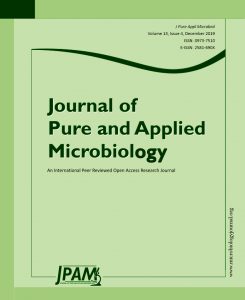Emblica officinalis Gaertn. or Phyllanthus emblica Linn., popularly called as Indian gooseberry or Amla, is among main herbal plant in Indian traditional medicine. Different parts of E. officinalis are beneficial for curing various ailments but the fruits especially show tremendous pharmacological and medicinal applications. Phytochemical analysis revealed important bioactive chemical compounds such as tannins, alkaloids, polyphenols, gallic acid, ellagic acid, emblicanin A and B, phyllembein, quercetin, ascorbic acids, vitamins and minerals. Different extracts of amla possess potent antimicrobial activities to counter different bacterial pathogens. Amla phytochemicals also possess antioxidant, anti-inflammatory, hepatoprotective, cardioprotective, immunomodulatory, hypolipedemic, memory enhancing, anticancer, antidiabetic, antidepressant, anti-ulcerogenic, insecticidal, larvicidal, and wound healing activities. All of these well-established activities can have broad applications in managing most of the diseases affecting human and animal patients. It can either replace the conventional therapeutic agents due to its superior efficacy and lack of side effects or can act an adjunct therapeutic agent thereby enhancing the total efficacy of conventional agents. The biogenic synthesis of nanoparticles from E. officinalis is getting popularity due to the low cost factor along with the enhanced antimicrobial activity of the nanoparticles produced. The current review emphasizes on the phytochemical constituents, mechanisms behind the antimicrobial activity and also briefly summarizes other medicinal and therapeutic usefulness of the E. officinalis.
Emblica officinalis, Amla, Antimicrobial effects, Phytochemicals, Pharmacological activity, Therapeutic usefulness, Health.
© The Author(s) 2019. Open Access. This article is distributed under the terms of the Creative Commons Attribution 4.0 International License which permits unrestricted use, sharing, distribution, and reproduction in any medium, provided you give appropriate credit to the original author(s) and the source, provide a link to the Creative Commons license, and indicate if changes were made.


